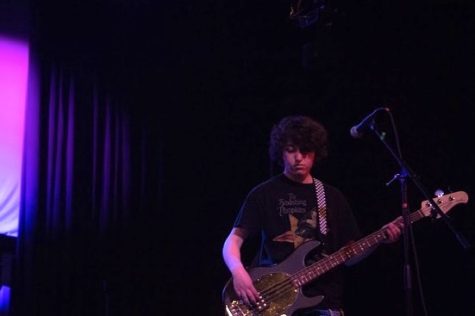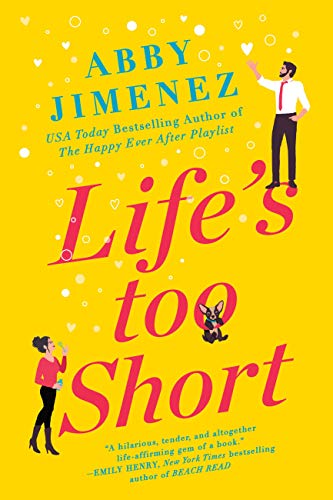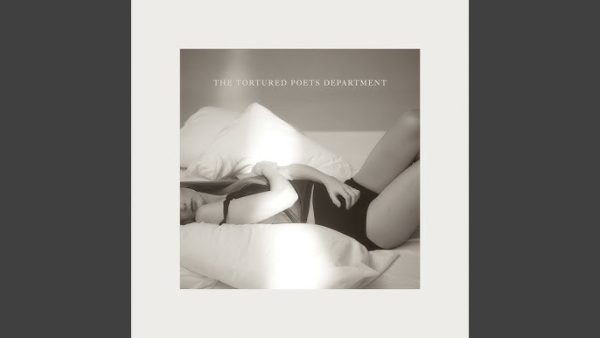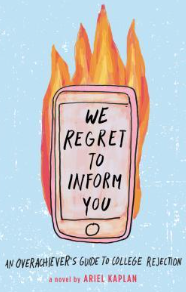Black Country, New Road – Ants from Up There Album Review

Just a few days after frontman Isaac Wood emotionally announced his departure from the band, English rock group Black Country, New Road (or BCNR, as fans affectionately call them) released their second album, Ants from Up There on February 4, almost exactly a year after their debut album. Wood cited mental health struggles, saying that he feels “the kind of sad and afraid feeling that makes it hard to play guitar and sing at the same time,” according to the band’s Instagram. The band has rallied around Wood for support, fashioning themselves as a tight-knit group of friends. BCNR has stated that they will continue to make music together, with bassist Tyler Hyde planning to become their new vocalist. The band canceled their North American tour, but still released their newest album; they were evidently very proud of their work, as they should be.
With their debut album from last year, BCNR drew comparisons to post-rock greats like Slint. For the first time was musically ambitious and noisy, with lots of Spiderland-esque guitar riffs, epic saxophone freakouts, and vibrant, orchestral strings. However, Ants from Up There sees the band take a more thoughtful, melodic approach to their musical experimentation. Apparently, the band had become enamored with Arcade Fire’s work during quarantine, and took inspiration from their folk-infused post-punk sound. Critics have picked up on this, adding Arcade Fire to the list of bands comparable to BCNR. The band wears its influences on its sleeve, jokingly comparing themselves to other bands in their lyrics; in “Science Fair” from For the first time, Wood quips that his band is the “world’s second-best Slint tribute act.” With Ants from Up There, however, BCNR defines their sound as wholly their own.
The album opens with “Intro,” a short instrumental track with lively saxophone, bombastic drums, and overdriven guitar. It sets the scene for what’s to come: brilliant, exciting instrumentation. The track transitions smoothly into “Chaos Space Marine,” a song that sounds like an adventure film score. The staccato piano, saxophone, strings, and drums create an exciting atmosphere, making the listener feel as if they are witnessing something of epic proportions. Already, Wood’s vocals are much more melodic than they were on BCNR’s last record; he sings more soulfully now, rather than delivering spoken word in harsh, loud bursts. This trend continues, as Wood shakily croons heart-wrenching lyrics on “Bread Song:” “I just woke up / And you already don’t care / That I tried my best to hold you / Through the headset that you wear.” Like their previous work, BCNR’s lyrics are powerful and emotional, but they’re much more heartfelt and personal on their newest record. This is especially true for the earth-moving “The Place Where He Inserted the Blade;” the lyrics tell a story of two lovers who only have each other in a world where they are not welcome. Heartbreak and powerful love are prevalent throughout the album, uniting each song into one cohesive epic of a story.
Ants from Up There is made even more cohesive and compelling with the recurring motif of the Concorde plane, which made history in the year 2000 when it crashed, killing everyone onboard. The Concorde was a tragedy and a spectacular failure, but also one of the most iconic British planes. It is repeatedly used as a symbol in various ways throughout Ants from Up There; Concorde references appear on “Chaos Space Marine,” “The Place Where He Inserted the Blade,” and “Basketball Shoes.” It even gets its own track, aptly titled “Concorde.” The Concorde is portrayed as something unreachable, flying thousands of miles above the narrator at an impossible speed. The narrator yearns for this personified Concorde; unattainable, stunning, but also capable of unimaginable destruction. In the fan-favorite closer, “Basketball Shoes,” Wood laments, “Concorde flies in my room / Tears the house to shreds.” The recurring motif of the Concorde serves to create a vast, compelling narrative that is equally gut-wrenchingly sad and strangely uplifting. Something about BCNR’s new material makes the listener feel alive, for lack of a better term. Though Ants from Up There isn’t as bombastic or energetic as its predecessor, it is every bit as interesting, ambitious, and powerful, if not more. BCNR’s newest album is a triumph, and although it hurts to see Isaac Wood go, Ants from Up There marks a new era for the band, and it’s clear that the best is yet to come.

Nico is a senior currently enrolled in Journalism II. In addition to visual art, writing, and literature, he is passionate about contemporary music and...











